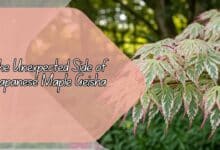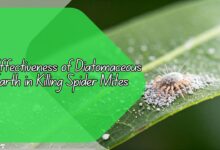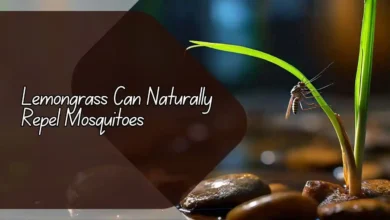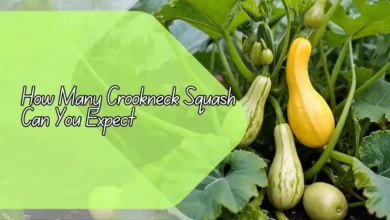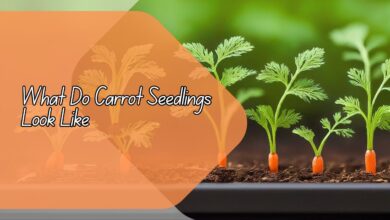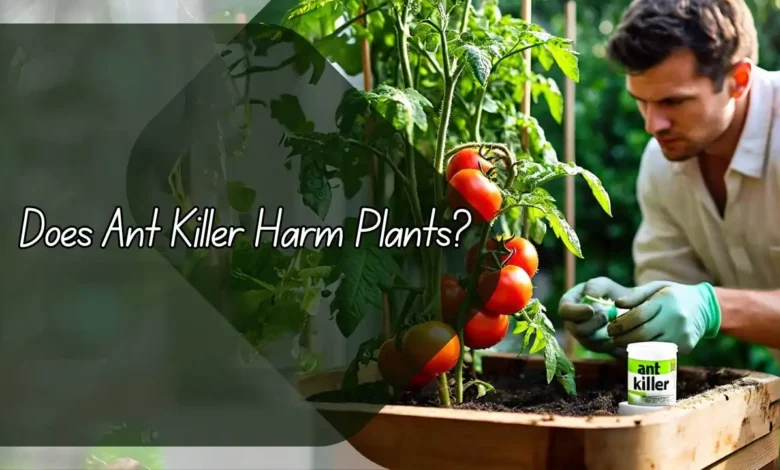
Does Ant Killer Harm Plants? Effects of Pest Control on Your Garden
In this article, we will discuss the potential effects of using ant killer on plants in your garden. Ants can be a nuisance in the garden, but it is important to consider the impact of pest control products on the plants themselves. We will explore whether ant killers harm plants and provide tips for using pest control safely in your garden.
Does Ant Killer Harm Plants?
Many gardeners worry about the potential harm that insecticides and other pest control products can have on their plants. When it comes to ant killers, the active ingredients in these products can vary, but most are designed to target ants specifically.
While ant killer is generally safe for use around plants, there are some important considerations to keep in mind.
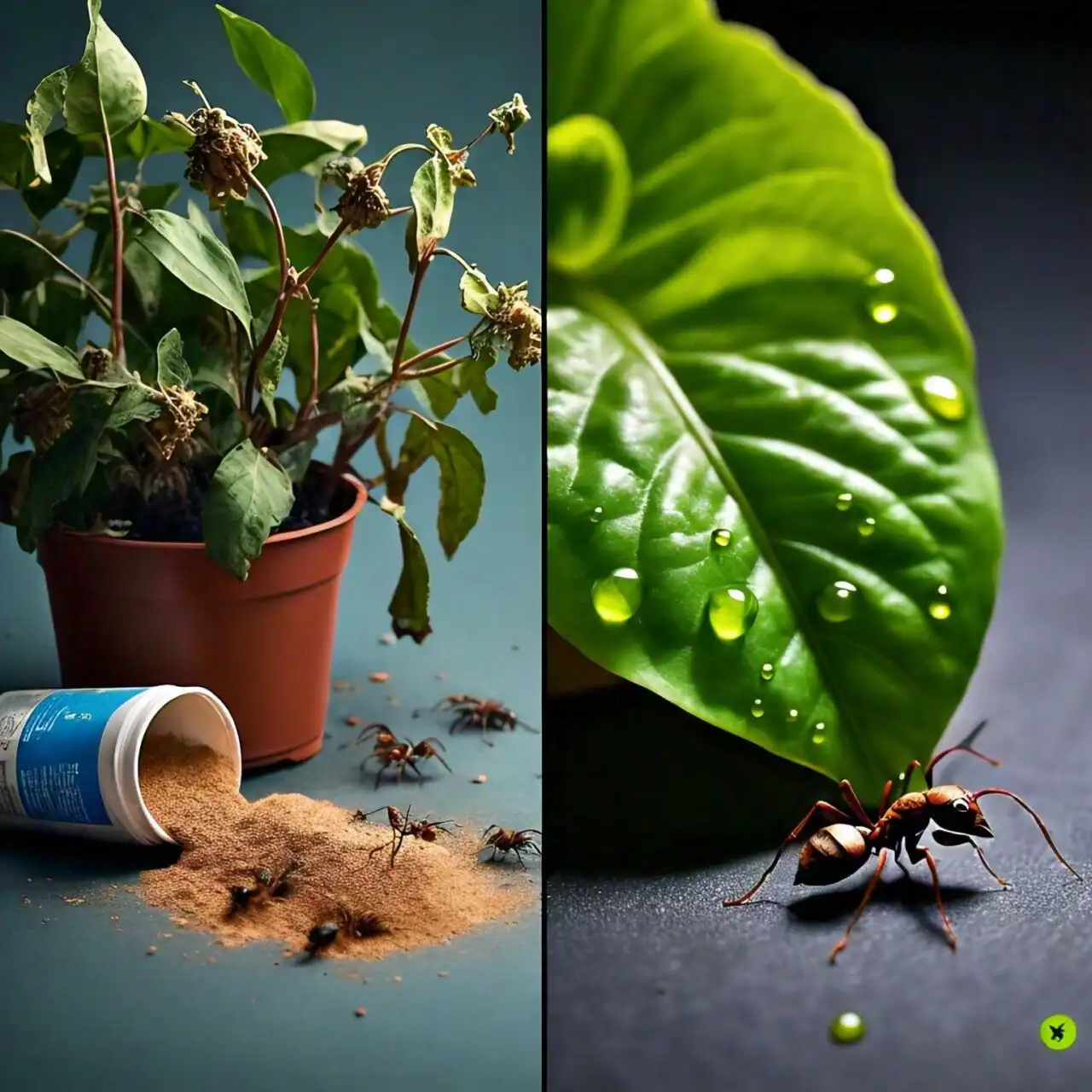
One of the most common active ingredients in ant-killer products is borax, which is a natural mineral that is often used in household products. Borax is generally considered to be safe for plants, but it can be harmful in high concentrations.
If you are using an ant killer product that contains borax, be sure to follow the instructions carefully and avoid applying it directly to the plants themselves.
How to Safely Use Ant Killers in Your Garden
When using ant killer in your garden, there are a few steps you can take to minimize the potential harm to your plants.
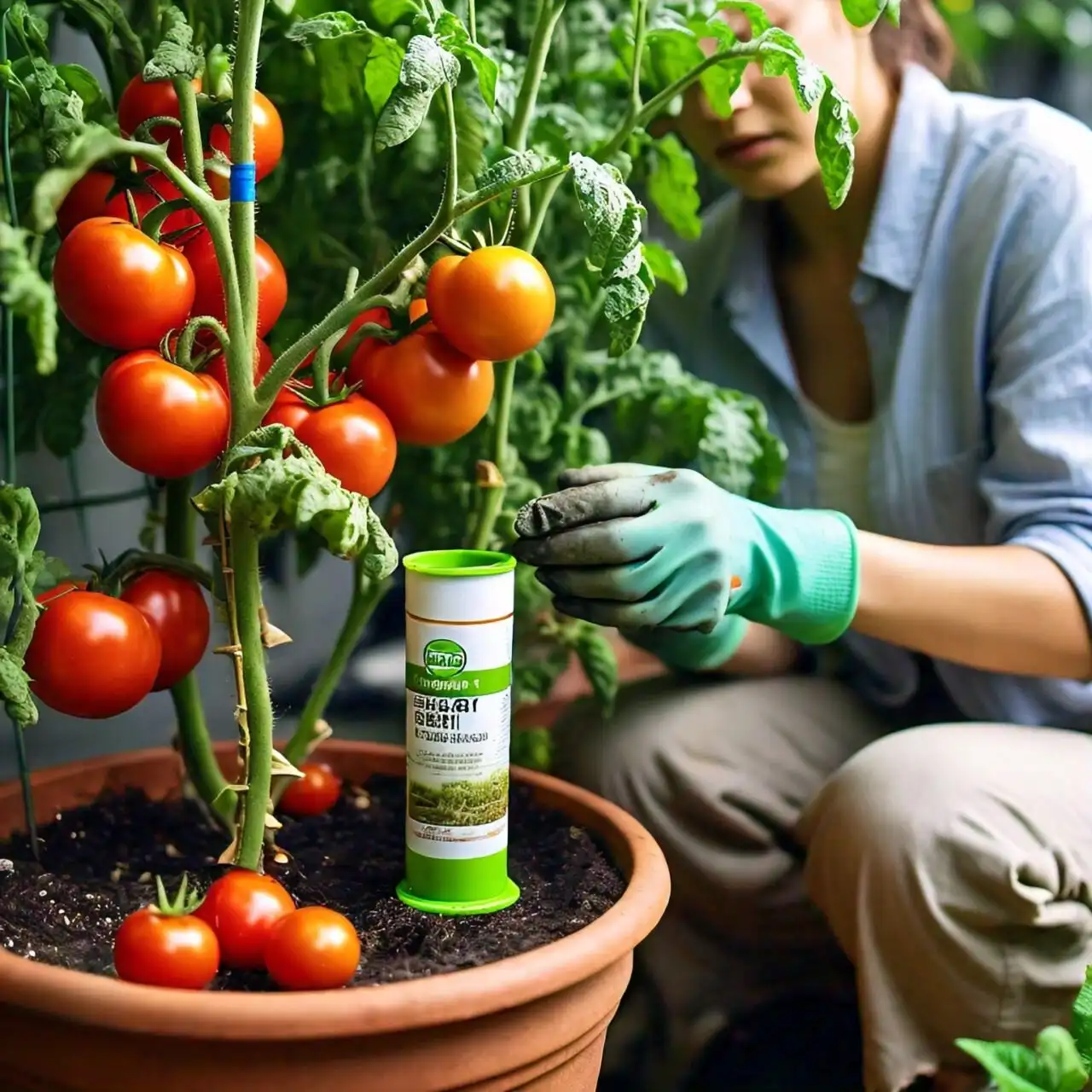
One important tip is to apply the ant killer directly to the ant mounds or trails rather than spraying it indiscriminately around the garden. This will help to target the ants specifically and avoid unnecessary exposure to your plants.
It is also a good idea to use an ant killer in the early morning or late evening when the ants are most active. This will increase the effectiveness of the product and minimize any potential harm to your plants.
Be sure to follow the instructions on the product label carefully, and avoid applying ant killer on windy days to prevent drift onto your plants.
Are There Natural Alternatives to Ant Killer?
If you are concerned about the potential harm that ant killers may cause to your plants, there are some natural alternatives that you can try.
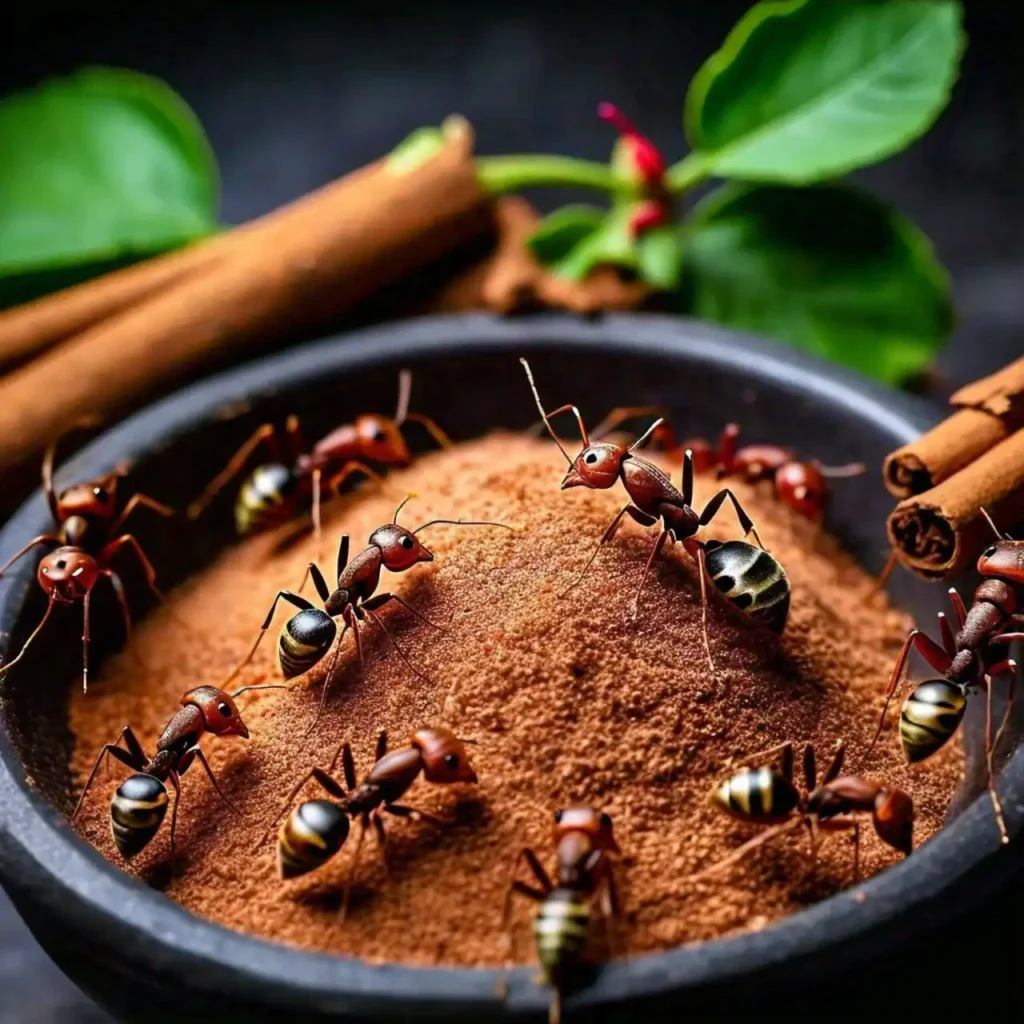
One option is to use diatomaceous earth, which is a natural substance that is effective at controlling ants and other pests. Diatomaceous earth is safe for use around plants and can be sprinkled directly on ant mounds to eliminate the infestation.
Another natural alternative to ant killer is vinegar, which can be used to create a homemade ant repellent. Simply mix equal parts vinegar and water in a spray bottle and apply it to the ant trails in your garden.
The strong scent of the vinegar will deter the ants from entering your garden without harming your plants.
Conclusion
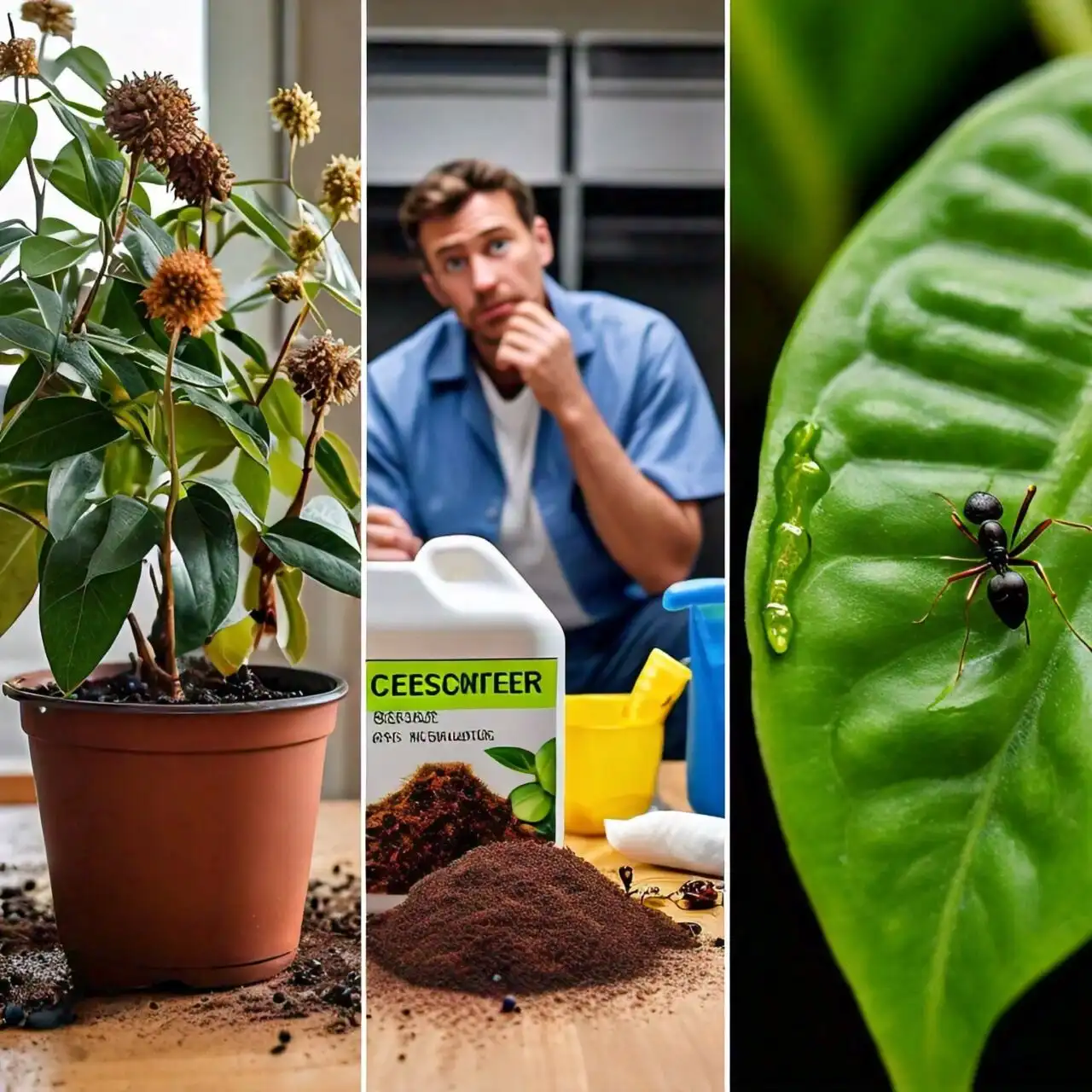
While ant killers can be an effective way to control ant infestations in your garden, it is important to consider the potential impact on your plants.
By following the tips outlined in this article, you can safely use ant killer in your garden without harming your plants. If you are concerned about the potential harm of ant killers, there are natural alternatives available that can help keep ants at bay while protecting your plants.
FAQs
Can ant killers harm my plants?
While ant killer is generally safe for use around plants, it is important to follow the instructions carefully and avoid applying it directly to the plants themselves. Using an ant killer sparingly and targeting it specifically at ant mounds can help minimize any potential harm to your plants.
Are there natural alternatives to ant killer?
Yes, there are natural alternatives to ant killers that can be effective at controlling ant infestations in your garden. Diatomaceous earth and vinegar are both safe options that can help deter ants without harming your plants.
When is the best time to apply ant killer in the garden?
The best time to apply ant killer in the garden is in the early morning or late evening when the ants are most active. This will increase the effectiveness of the product and minimize any potential harm to your plants.
How can I prevent ants from coming back after using ant killer?
To prevent ants from returning to your garden after using ant killer, it is important to eliminate potential food sources and entry points. Keep your garden clean and free of debris, and seal any cracks or openings in your home to prevent ants from entering.
Are there any plants that are particularly sensitive to ant killer?
While most plants are tolerant of ant killer when used properly, some sensitive plants may be more susceptible to harm. Be sure to research the specific needs of your plants and monitor them closely after using ant killer to ensure they are not being negatively affected.

